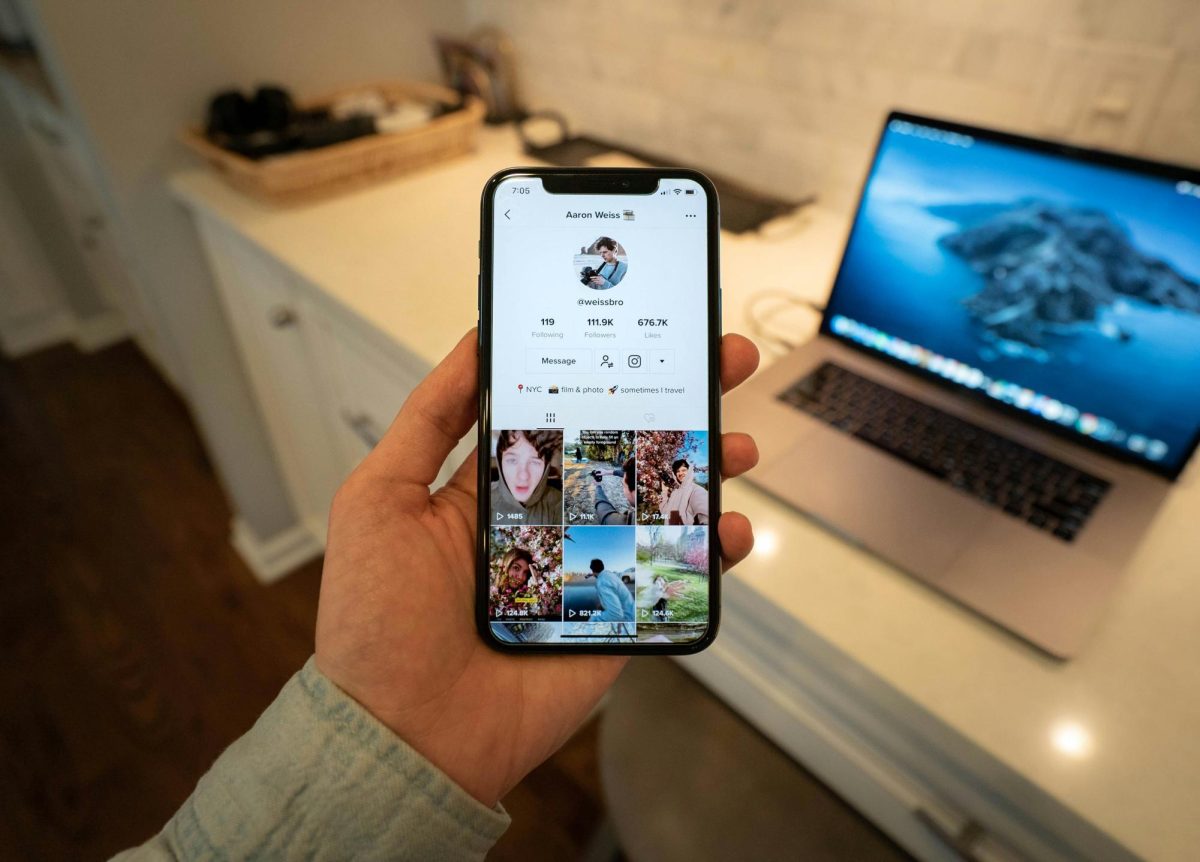With school back in session, music is a must-have during the back-to-school era! Everyone has their own way of listening to music; whether it’s headphones, Beats, Airpods, earbuds, or even just humming to themselves during class, EVERYONE (well, almost everyone) listens to music. But why music? Is it because it helps students focus? Or maybe it helps put them in a good mood for school. Can music improve grades or overall boost students’ motivation in class?
One question that was asked was, “How does listening to music help you focus in school?” A freshman, Beckham Gardiner, responded by saying, “When I am sitting there in class it is boring. I would rather play Fortnite. But when I listen to music, it fills in some of the empty space, so I feel like I’m being more productive and I’m not as bored…” At times, being at school can be challenging, especially if you would prefer being at home doing something else, like playing Fortnite. But as Gardiner says, music helps him focus and feel more productive in class. When asked the same question, Junior, M’Ajiah Clark, answered saying, “Music helps me focus because it drowns out all the other voices and distractions.” Although some may say music can be a distraction, for others, it seems to do quite the opposite.
So, if students claim music helps them focus better, would the lack of music impact them negatively? Clarke pointed out that, “[without music] the hours seem longer.” She went on to say, “I would probably become tired quicker because there’s not something constantly playing in my ears.” If what Clarke says is true, then for many, each day would be a lot more tiring and exhausting without the presence of music. There is nothing to help distract students from thoughts and loud things going on around them, making them less productive; and pushing them farther behind in class. Commonly, students don’t enjoy classes, and because of this, it results in students feeling large amounts of pressure and grand expectations in their classes. How can they fulfill those expectations? With music, students can fill that void and enjoy classes more.
Although music helps students focus, does it motivate them? Clarke and Gardiner both had similar responses. They both said that having music in their ears helps motivate them to get their work done sooner. Clarke specifically said, “I would get my work done faster and more accurately [if I had music playing as I worked].” Clarke points out that her work would be more enjoyable overall. From the sounds of these interviews, music seems to help block out other classroom disruptions and really lets them zone in on whatever is in front of them. They tend to enjoy work a lot more with some music to put them in a good mood. Gardiner agrees that he enjoys his work more being able to have songs playing in his ears.
Even though music seems to help students, some teachers prefer students not to listen to music in class. While talking to a junior, Andrea Vergara, the question came up within the discussion, “In classes when teachers don’t let you listen to music, how does that impact you?” She goes on to say, “When I don’t have my music it can affect how well I pay attention. My grades definitely drop when I can’t listen to music because I don’t have anything to help me focus.” Vergara continues to say that she tends to get tired and bored a lot sooner than usual when she doesn’t have music constantly playing in her ears, similar to what Clarke had said in her interview. This statement helps argue the sentiment teachers have towards music in class.
Overall, at Cass High School, music seems to be an important factor in the school day. Students tend to focus better and are generally in a better mood. Their work ethic and quality of work improve when they have music in the background. Even though some teachers struggle with students having music on during class, you can see that music has a positive impact on students more than a negative impact. With these responses, students seem to feel more confident with their classwork.
























